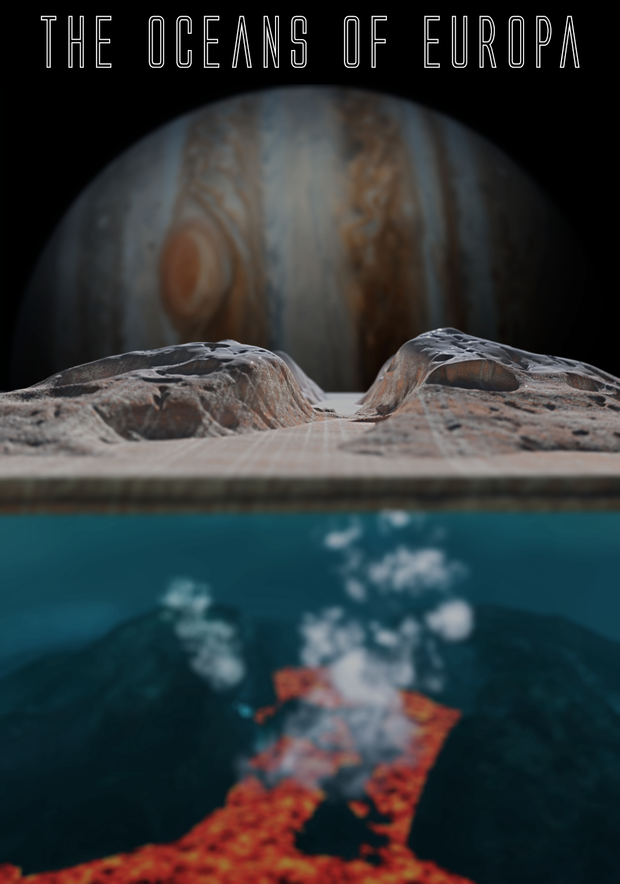The NASA press conference promises to bring you some interesting information about the ocean outside Earth.
As reported, at 1 a.m. on April 14 Vietnam time (i.e. 1 p.m. on April 13, New York time), NASA will host a major press conference to release data on ocean exploration programs and life. outside of Earth in the future.
The results will focus on the solar system, announced ahead of the NASA press conference. More precisely, information, images sent by the Cassini spacecraft revolving around Saturn and the Hubble Space Telescope.
To date, the Cassini is the first explorer to fly around Saturn and the fourth spacecraft to visit Saturn.
It should be noted that Saturn is the 6th planet at average distance from the Sun and has many satellites in orbit. These include the Titan satellite (the largest satellite of Saturn).
With this press conference, NASA experts are particularly interested in the information about Europa – one of the famous 63 moons of Jupiter and one of the best potential candidates for the solar system. extraterrestrial life exists.
The Moon Europa is just a little smaller than our Moon, with a diameter of 3,120 km (1,940 miles). So what is it that makes them really so attractive?
Europa is said to have an ocean of plenty of water beneath the icy surface.
Scientists suspect that beneath this icy surface lies a giant ocean, estimated to be 10 times deeper than Earth’s.
For this reason, many people are hoping that NASA’s announcement tonight will reveal the “wonderful” things that exist in Europe.
The press conference has the participation of leading experts in the field of world astronomy. It is:
– Thomas Zurbuchen – Scientific mission manager for NASA
– Jim Green – Director of Planetary Sciences at NASA Headquarters
– Mary Voytek – Cosmology Scientist at NASA Headquarters
– Linda Spilker, Cassini Spacecraft Project Scientist at NASA’s Jet Propulsion Laboratory in Pasadena, California
Hunter Waite – Head of the Cassini Spacecraft Engine Group (INMS) at the Southwest Research Institute in San Antonio
– Chris Glein, specialist of the INMS group
– William Sparks, astronomer at the Institute of Space Telescope Science in Baltimore
Check back here at 1 a.m. on April 14 to see the news from the press conference live!



